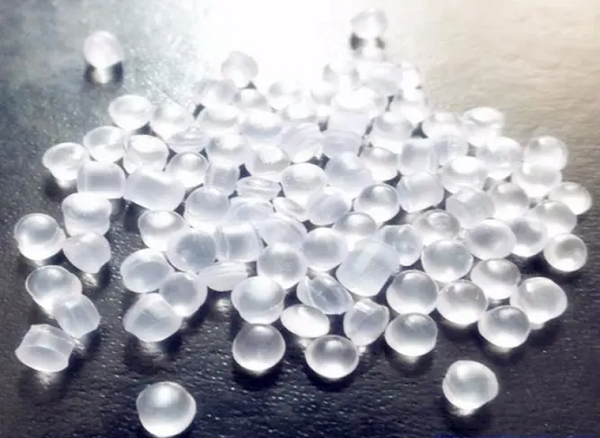Welcome to SHAOXING DONGCHEN SAFETY CO.,LTD.
Contact us
17
2023
-
03
What is a plasticizer?
Author:

Role of plasticizer in PVC gloves
The birth of PVC gloves is inseparable from the participation of plasticizers. The plasticizer softens the gloves. Easy to manufacture. Suitable for wearing. The ideal plasticizer should meet the following requirements:
1. Good compatibility with plastics;
2. High plasticizing efficiency;
3. Good durability;
4. Green and environmental protection;
5. Good processability;
6. Flame retardant;
7. It is cheap, good and easy to prepare.
However, it is very difficult for plasticizers in practical application scenarios to fully meet the above conditions. Considering the demand of glove industry. And product performance and processing conditions. Most of the plasticizers selected can only meet one or several of the above requirements.
Selection of plasticizer in industrial gloves
Generally speaking. According to the different needs of end users. The plasticizers used in the production of industrial protective gloves mainly include DBP, DOP, DOTP, DINP, epoxy soybean oil, polyester plasticizers, etc.
Low cost plasticizers such as epoxy soybean oil, DBP, etc. Due to the short carbon chain of DBP, small molecular weight, large exertion and extraction, easy migration and precipitation, gloves are often not durable. Although epoxy soybean oil has the advantages of environmental protection, its compatibility, processability and cold resistance are poor, and gloves are easy to emit oil, affecting workers' work.
Selection of plasticizers in household gloves
In the household scene, household gloves are more involved in the household chores of consumers, such as washing vegetables, dishes and clothes. We hope to provide consumers with a pair of healthy, environmentally friendly, safe and reassuring gloves, so environmentally friendly plasticizers are our preferred choice. In addition to DOTP and DINP, citrate plasticizer is also an option as a new type of green environmental protection plasticizer. ATBC is non-toxic and odorless, and can replace traditional phthalate plasticizers. The United States, the European Union and other developed countries have successively issued regulations to allow citrate products to be used as one of the plastic additives that are closely related to the human body, such as children's toys, sanitary products, medical devices, artificial leather and other products with high hygiene requirements.
undefined


